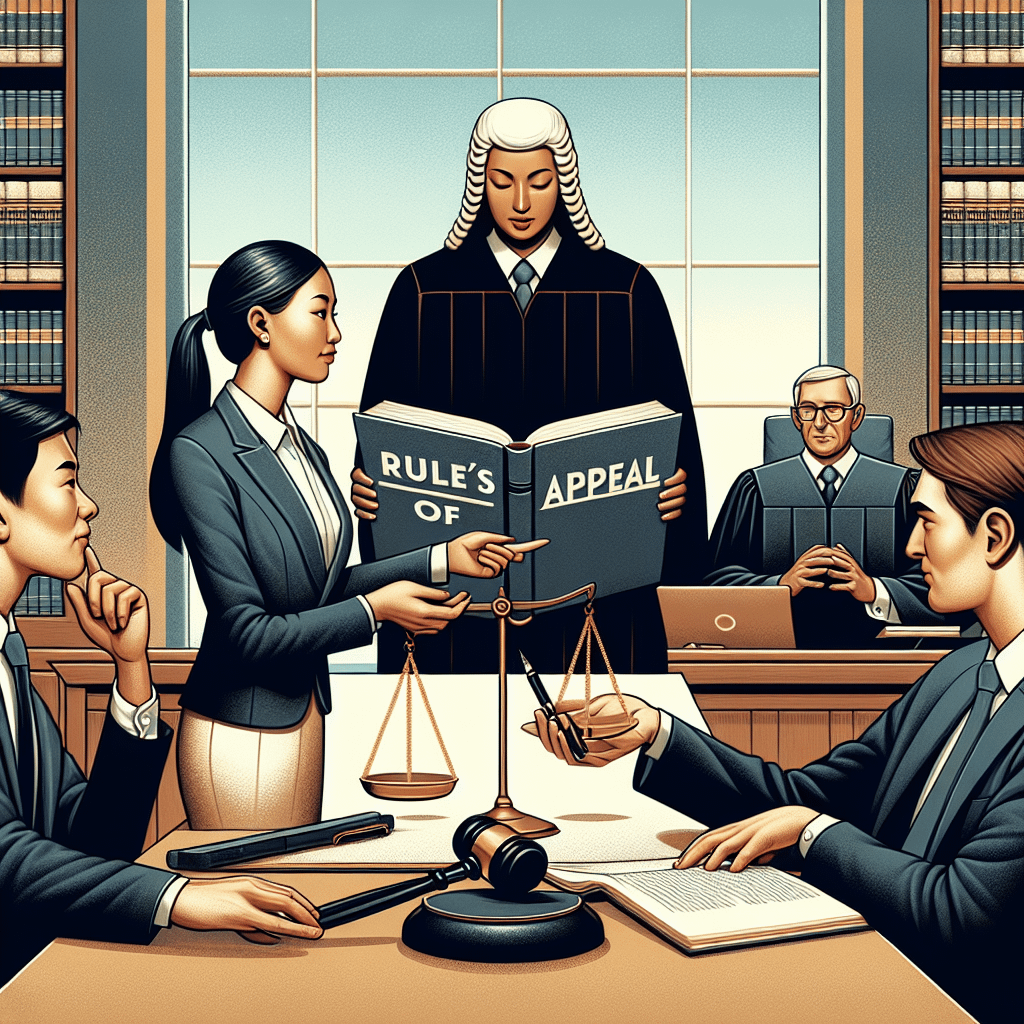When a decision in a court case goes against you, a natural impulse is to mount an appeal. But it’s important to understand that an appeal isn’t a new trial. As such, there are some limits on what can and cannot be dealt with in an appeal.
What Can Be Done in an Appeal:
1. Reviewing Legal Errors: An appeal focuses on determining whether the trial court made errors in applying the law. For instance, if the trial court allowed inadmissible evidence that prejudiced your case, this could be grounds for an appeal. Appeals courts often look at whether legal procedures were followed correctly.
2. Challenging Evidentiary Decisions: If you believe the trial judge made a mistake in admitting or excluding evidence, this can be raised in an appeal. Perhaps key evidence was wrongly ignored, or irrelevant information was wrongly allowed. An appeals court can evaluate these decisions to ensure fairness.
3. Assessing Judicial Conduct: Appellate courts can also consider whether the judge’s behavior during the trial was appropriate. For example, if the judge showed bias that might have affected the jury’s decision, it could be a basis for an appeal.
4. Clarification on Legal Interpretations: Sometimes laws are ambiguous, and appellate courts can clarify the interpretation of a law as applied to your case. This can set a precedent that might affect future similar cases.
What Cannot Be Done in an Appeal:
1. Introducing New Evidence: Appeals are not opportunities to present new evidence. You cannot introduce evidence that wasn’t presented during the original trial. The appellate court’s job is to review the materials that were available to the trial court.
2. Trying the Case Anew: An appeal is not a chance for a do-over. You won’t have a new jury or witnesses. The proceedings focus on the trial record and whether any procedural or legal errors occurred.
3. Re-evaluating the Facts: Appellate courts don’t re-examine the factual findings made by the trial jury. They assume the facts as determined by the jury are correct unless there’s a glaring error that affected the trial’s outcome.
4. Appealing Simply Because You Lost: An appeal isn’t a mechanism to contest a decision simply because you didn’t get the outcome you wanted. There must be specific legal grounds for appeal, such as errors in applying the law or procedural issues.
Practical Tips:
- Timeliness is Key: There are strict deadlines for filing an appeal, often starting from the date of the original decision. Missing these can forfeit your right to appeal, so act quickly.
- Focus on the Record: The record from the original trial is crucial. Make sure it clearly shows the errors you claim occurred, as this is the primary document the appellate court will review.
- Work with an Attorney: Appeals involve complex legal standards and rigorous scrutiny of the trial process. Engaging an attorney experienced in appeals can help you develop a strong strategy.
- Understand the Likelihood of Success: Remember that appeals are often challenging to win since they don’t revisit factual determinations made by the jury. Discuss the potential outcomes with your lawyer to have realistic expectations.
Understanding the scope of what an appeal can and cannot do is essential before deciding to proceed. Hopefully, this guide gives you a clearer picture of the appellate process and empowers you to make informed decisions should you ever need to consider an appeal.








